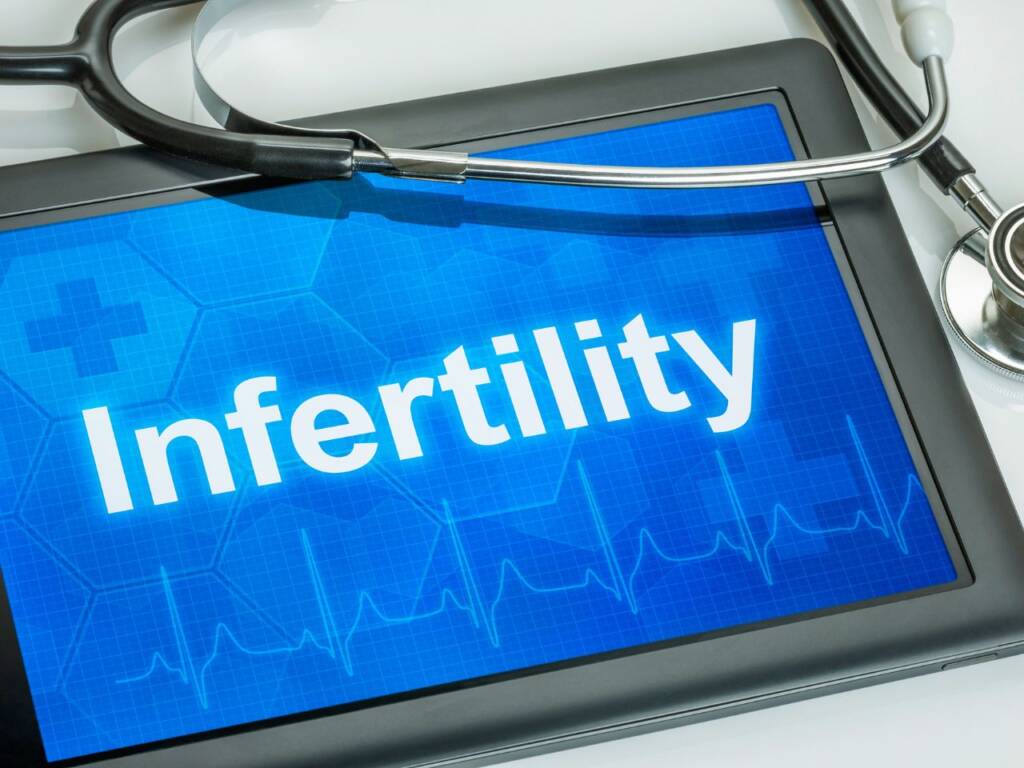Infertility can be a frustrating and emotional journey for couples. While many cases of infertility have a clear cause, there is a subset of couples who experience unexplained infertility. This condition can be particularly challenging, as it leaves both partners with more questions than answers. In this blog, we will delve into the causes of unexplained infertility, the symptoms to watch for, and the treatment options available for couples facing this issue.
What is Unexplained Infertility?
Unexplained infertility is a diagnosis given to couples who have been unable to conceive after a year of regular, unprotected intercourse, but whose medical tests show no clear cause for the infertility. Essentially, it means that despite tests on both partners, doctors cannot pinpoint a specific reason for the inability to conceive.
It’s estimated that approximately 10-15% of couples with infertility issues fall into the category of unexplained infertility. This diagnosis can feel frustrating, but understanding the possible underlying causes can help guide treatment.
Possible Causes of Unexplained Infertility
While the specific cause of unexplained infertility is not always clear, there are several factors that may contribute to it, even if they are difficult to identify with standard tests.
- Subtle Hormonal Imbalances: Even when hormone levels appear normal, subtle imbalances in ovulation, egg quality, or sperm function may exist that affect fertility.
- Problems with Egg Quality: Women in their 30s and older may experience a decline in egg quality, which is not always easily detectable through tests.
- Sperm Quality Issues: Sperm issues such as low motility, DNA fragmentation, or subtle defects in sperm may contribute to infertility but may not always be evident in standard sperm analysis.
- Fallopian Tube or Uterine Issues: While some women have visible blockages in their fallopian tubes or other physical issues, others may have micro-blockages or subtle abnormalities that are harder to detect.
- Immune System Factors: In some cases, the immune system may mistakenly target sperm as foreign bodies, making it more difficult for fertilization to occur.
Stress and Emotional Factors: Emotional stress and chronic anxiety can sometimes play a role in unexplained infertility by disrupting the delicate hormonal balance required for reproduction.

Symptoms of Unexplained Infertility
Unexplained infertility typically doesn’t present specific symptoms beyond the inability to conceive. However, some signs may prompt individuals or couples to seek help, including:
- Irregular Menstrual Cycles: In women, irregular periods can indicate issues with ovulation or hormonal imbalances.
- Poor Sperm Motility or Low Count: Men may have normal sperm count but may still have issues with sperm motility or morphology, which may not be easily detected without a more detailed semen analysis.
- Recurrent Miscarriages: Some couples with unexplained infertility may experience miscarriages without a clear cause, indicating a hidden issue with conception or implantation.
If you’ve been trying to conceive for a year or more without success, it’s advisable to consult with a fertility specialist to undergo further evaluation.
Treatment Options for Unexplained Infertility
Although unexplained infertility can be frustrating, there are several treatment options available that can help increase the chances of conception. Depending on the couple’s specific situation, the following treatments may be recommended:
- Ovulation Induction (OI): For women who may not be ovulating regularly or for couples with subtle hormonal issues, ovulation induction medications like Clomid or gonadotropins can help stimulate ovulation, improving the chances of conception.
- Intrauterine Insemination (IUI): IUI is often used in unexplained infertility cases when sperm quality or motility is suspected to be an issue. In IUI, sperm is washed, concentrated, and placed directly into the uterus during ovulation to increase the likelihood of fertilization.
- In Vitro Fertilization (IVF): For couples who have not had success with other treatments, IVF may be recommended. This procedure involves fertilizing eggs outside the body and then transferring the embryos into the uterus. IVF can help bypass many potential issues contributing to infertility.
- Intracytoplasmic Sperm Injection (ICSI): ICSI is an advanced form of IVF where a single sperm is injected directly into an egg. This can be beneficial for couples who have male infertility issues that are difficult to detect through traditional semen analysis.
- Lifestyle Changes: For both men and women, improving lifestyle factors such as maintaining a healthy weight, reducing stress, eating a nutritious diet, and avoiding toxins like smoking and alcohol can improve fertility.
6. Acupuncture and Alternative Therapies: Some couples find that complementary therapies such as acupuncture can help with stress reduction and improve fertility. However, it’s important to discuss these options with a doctor before pursuing them.
When to Seek Help for Unexplained Infertility
If you’ve been trying to conceive for over a year without success, it’s time to consult a fertility specialist for a thorough evaluation. While unexplained infertility may seem daunting, a specialist can guide you through the next steps, offer treatment options, and help you navigate the emotional challenges that come with infertility.
FAQs
Unexplained infertility is when a couple is unable to conceive after a year of trying, but no specific cause can be identified for the infertility.
Causes may include subtle hormonal imbalances, poor egg or sperm quality, hidden fallopian tube or uterine issues, immune system factors, and stress.
It’s diagnosed after other possible causes are ruled out through testing, including semen analysis, hormonal tests, and imaging of the reproductive organs.
Treatments include ovulation induction, intrauterine insemination (IUI), in vitro fertilization (IVF), lifestyle changes, and complementary therapies like acupuncture.
If you’ve been trying to conceive for over a year without success, it’s advisable to consult a fertility specialist for further evaluation and treatment options.
Conclusion
Unexplained infertility can feel isolating, but it’s important to know that you’re not alone. With modern medical advancements and a variety of treatment options available, many couples with unexplained infertility go on to conceive successfully. Consulting with a fertility expert can help you identify potential solutions and create a personalized treatment plan tailored to your needs.
At Mithran Fertility Center, we offer a wide range of services to help couples overcome infertility. Our experienced team is here to support you on your journey toward parenthood.




